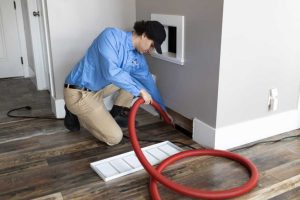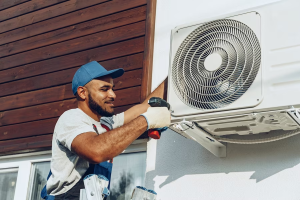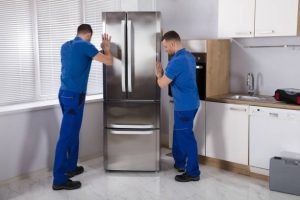
Deciding whether to repair or replace home appliances is a common dilemma for homeowners. With the advancement of technology and increasing costs, making informed decisions can save money and enhance efficiency in your household. Here are some smart tips to help you decide when it’s time to repair or replace your home appliances.
Firstly, consider the age of the appliance. Most appliances have a general lifespan; for example, refrigerators typically last about 10-15 years, while washing machines may last around 8-12 years. If your appliance is nearing the end of its expected life span and requires significant repairs, it might be more cost-effective to replace it with a newer model that offers improved energy efficiency and features.
Assessing the cost of repair versus replacement is another crucial factor. A commonly used guideline is explore the content cost of repairing an appliance approaches or exceeds 50% of the price of a new one, replacing it might be more economical in the long run. This rule takes into account not only immediate expenses but also potential future repairs as older appliances tend to break down more frequently.
Energy efficiency should also play a role in your decision-making process. Newer models often come with energy-saving features that can significantly reduce utility bills over time. For instance, ENERGY STAR-rated appliances use less electricity and water compared to their older counterparts, leading to substantial savings on monthly bills and reducing environmental impact.
Additionally, consider technological advancements and available features in newer models that could improve convenience or performance in your daily routine. Smart technology integration allows for remote monitoring and control via smartphones or voice assistants like Alexa or Google Assistant, offering enhanced convenience and potentially better maintenance through timely alerts.
It’s important to evaluate how critical an appliance is within your household operations as well. Essential items like refrigerators may warrant quicker replacements if they fail because prolonged downtime could lead to food spoilage costing even more money than anticipated repairs would save.






